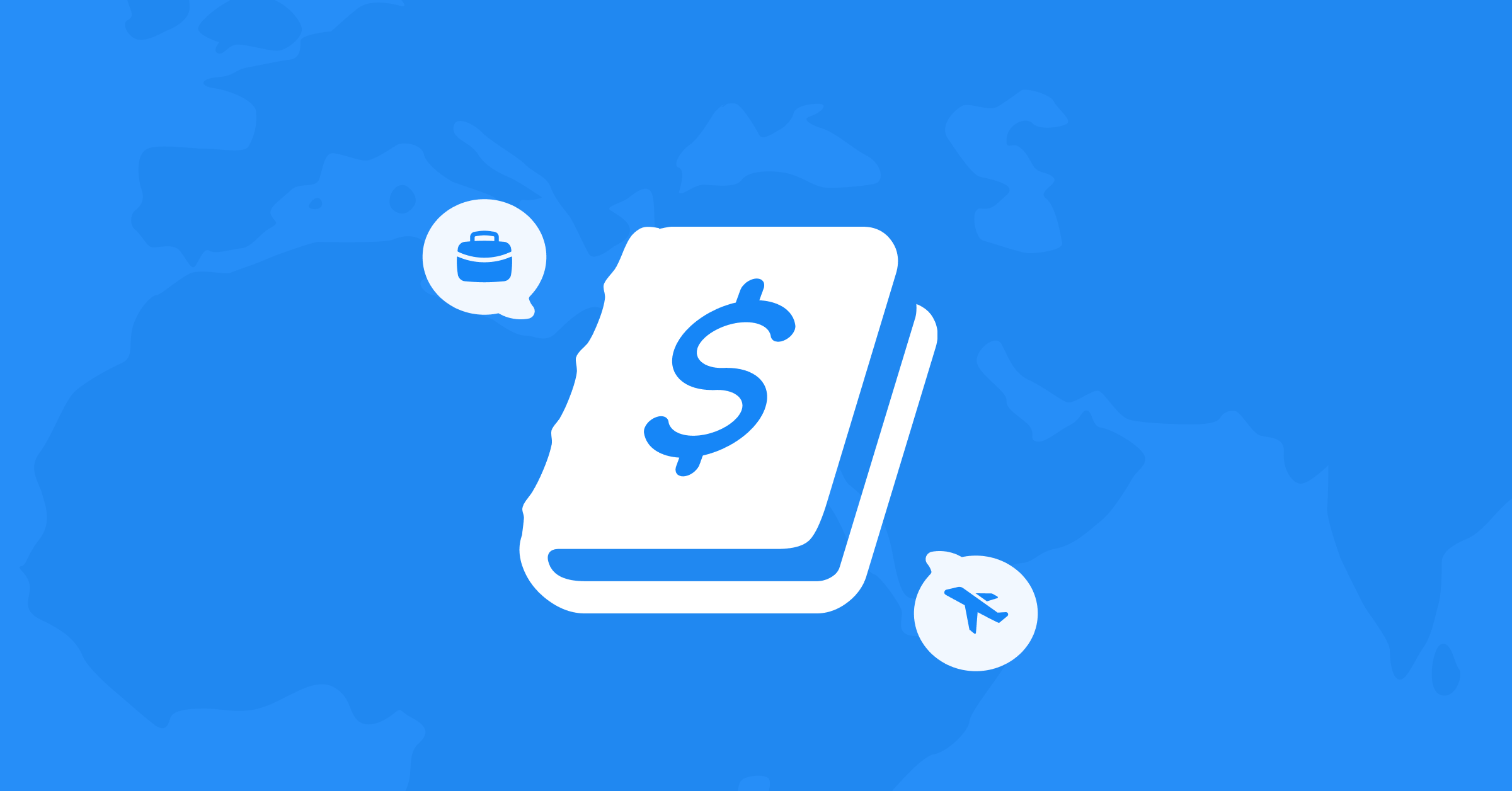How To Build A Corporate Travel Budget
Corporate travel is no longer a mere logistical task; it's an odyssey. An odyssey where the challenges of itinerary planning, ensuring employee safety, managing costs, and maintaining visibility. In this guide, we embark on an end-to-end exploration of the corporate travel landscape.

Business travel is an integral part of corporate operations, enabling companies to build relationships, engage in training and conferences, and stay ahead in the competitive landscape. However, without a well-structured corporate travel budget, expenses can quickly spiral out of control, impacting the company's bottom line.
In the fast-paced business world, corporate travel plays a pivotal role in fostering relationships, facilitating training, and maintaining a competitive edge. However, the soaring costs associated with business trips demand a strategic approach to budgeting.
In this WegoPro article, we will explore the essential steps to build a corporate travel budget that not only helps control costs but also maximizes the return on investment (ROI) from business trips.
The article is a deep dive into the intricacies of building a robust corporate travel budget, utilizing research data and statistics to underscore the importance of a data-driven expense management strategy. Let’s get started.
Defining Objectives and Prioritizing Goals: A Strategic Foundation
Before delving into budget specifics, it's imperative to establish clear objectives for the corporate travel program. Are you aiming to expand client relationships, provide training to employees, or explore new business opportunities?
According to a comprehensive study conducted by McKinsey, companies that align their travel initiatives with overarching business goals witness a 15% increase in the overall effectiveness of their corporate strategies.
Once you've established clear goals, prioritize them based on their importance to the overall business strategy.
Conducting a Travel Audit: Unveiling Trends and Identifying Opportunities
Assess past travel expenses to identify patterns and areas where costs can be optimized. Analyze data from previous trips to understand spending trends, evaluate the effectiveness of past initiatives, and identify potential cost-saving opportunities.
An in-depth analysis of past travel expenses is akin to peeling back the layers of financial intricacies.
Recent research by Expedia reveals that companies leveraging data from travel audits experience, on average, a 12% reduction in travel-related costs, emphasizing the value of scrutinizing historical spending patterns.
Implementing Travel Policies: A Cornerstone of Expense Control
Develop and communicate clear travel policies to employees. Specify guidelines on accommodation, transportation, meals, and other expenses. Enforce adherence to these policies to ensure consistency and control over costs. Consider implementing technology solutions for expense tracking and compliance monitoring.
Clear and comprehensive travel policies are instrumental in curbing excessive spending. The Global Business Travel Association (GBTA) reports that organizations with well-defined travel policies achieve a 20% reduction in overall travel expenses, showcasing the direct correlation between policy clarity and cost-effectiveness.
Leveraging Technology Solutions: Automation for Efficiency and Savings
Invest in travel management tools and expense reporting systems to streamline the budgeting process. Automation can significantly reduce the time and effort required to manage expenses, enhance accuracy, and provide real-time insights into spending.
Investing in cutting-edge travel management tools isn't just a technological upgrade; it's a strategic investment.
According to a recent survey by the Association of Corporate Travel Executives (ACTE), companies incorporating automated expense management systems witness a 25% reduction in processing costs and a substantial 30% decrease in erroneous claims.
Negotiating with Travel Partners: Driving Savings through Strategic Alliances
Establish strong relationships with travel vendors and negotiate favorable terms. Bulk booking arrangements, loyalty programs, and negotiated rates can lead to substantial cost savings.
Regularly review and renegotiate contracts to ensure your company is receiving the best value. Strategic negotiations with travel vendors can yield significant savings.
The GBTA highlights that effective vendor negotiations and partnerships can result in up to a 20% reduction in overall travel expenses, showcasing the tangible financial benefits of cultivating strong relationships with travel partners.
Educating and Training Employees: Cultivating a Cost-Conscious Culture
Employee education is not merely a checkbox; it's a cornerstone of cost-conscious behavior. Provide comprehensive training to employees on the company's travel policies and the importance of cost-conscious behavior. Encourage responsible spending and educate employees on how their decisions impact the overall corporate travel budget.
The GBTA study underscores this, revealing that companies providing regular training on travel policies experience a commendable 15% increase in policy compliance, fostering a culture of fiscal responsibility among employees.
Monitoring and Analyzing Data: Real-Time Insights for Informed Decision-Making
Real-time monitoring and analytics are the backbone of optimizing travel spending. A survey conducted by Deloitte found that companies actively utilizing data analytics in travel management achieved a remarkable 30% reduction in overall travel costs, showcasing the transformative power of data-driven decision-making.
Allocating Contingency Funds: A Strategic Approach to Flexibility
Incorporating contingency funds into the budget isn't just a safety net; it's a strategic maneuver. According to the ACTE study, companies allocating a modest percentage of the budget to contingency funds experience increased agility and adaptability in their travel programs, ultimately leading to long-term cost savings.
Roadmap to Success in Corporate Travel Budgeting
Building a corporate travel budget is not a mundane financial task but a strategic roadmap to maximizing ROI. Companies can navigate the complex landscape of business travel expenses with confidence, by infusing each step of the budgeting process with research-backed insights and statistics, ensuring that every dollar spent contributes not only to immediate business objectives but also to long-term financial success.
Stay tuned to WegoPro for the latest updates and news on the travel industry!
